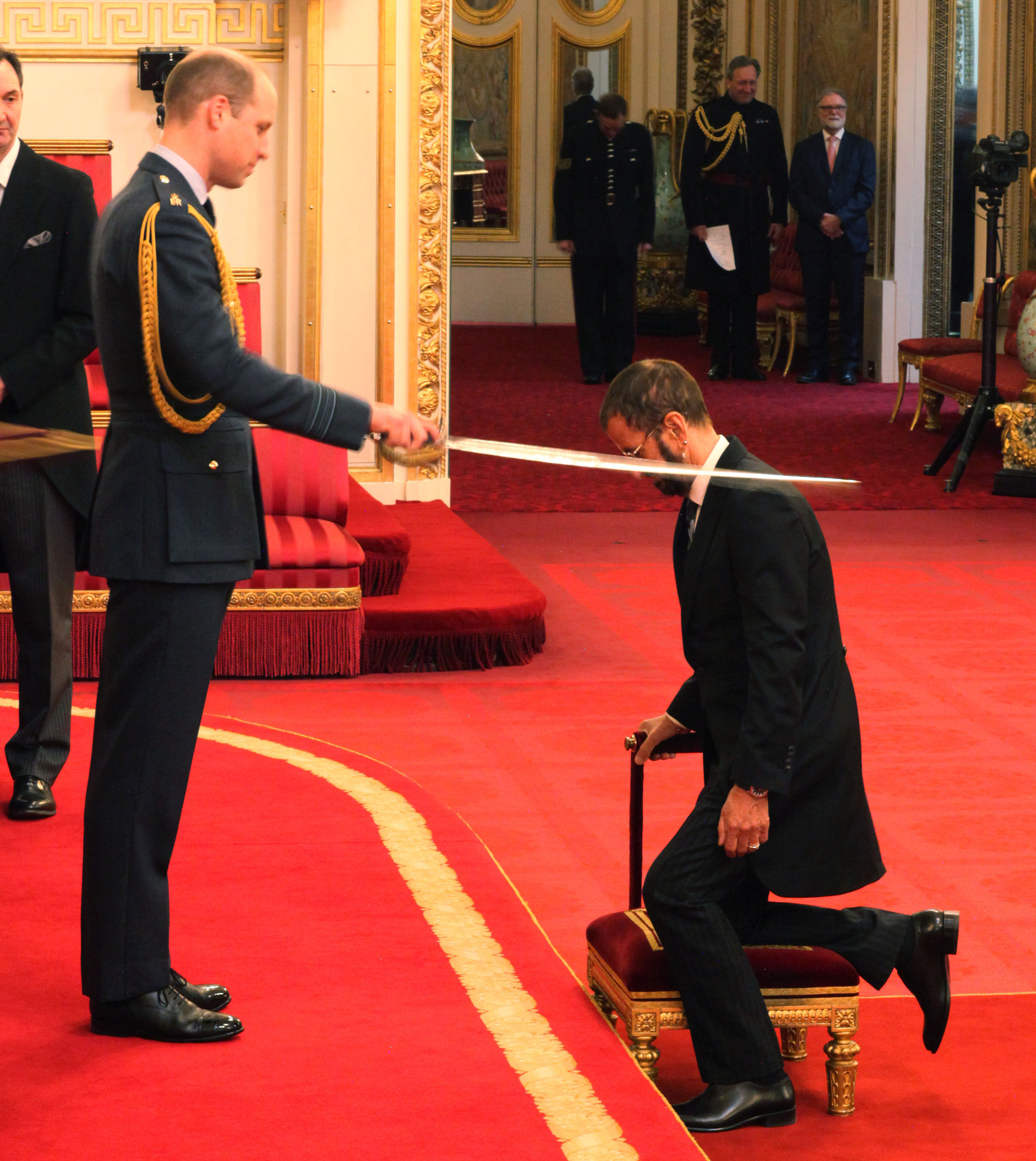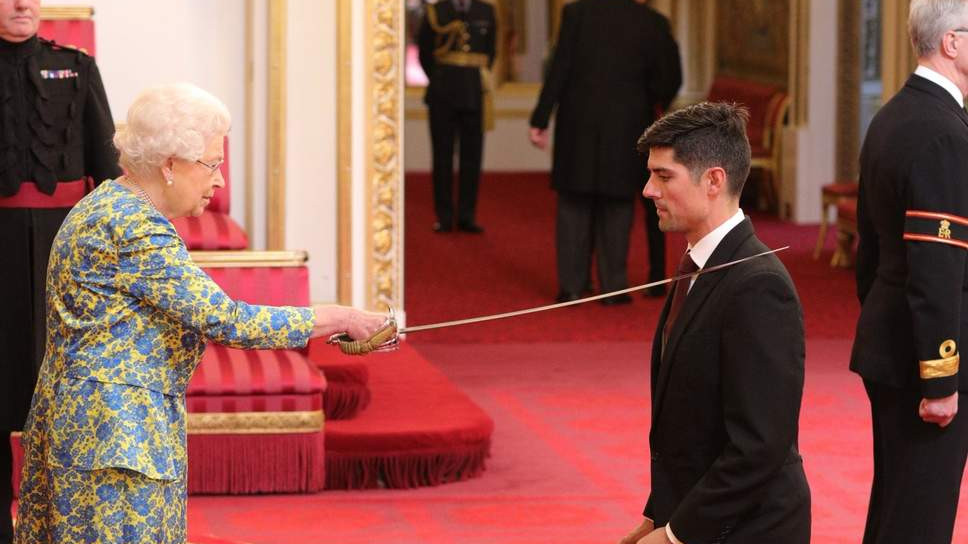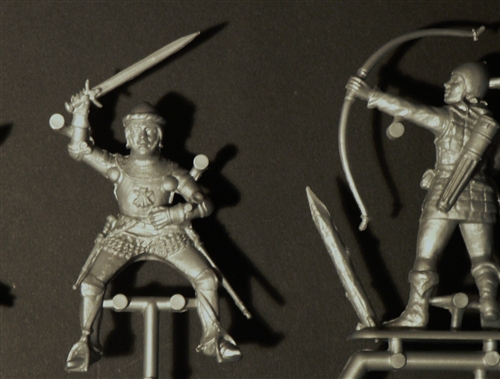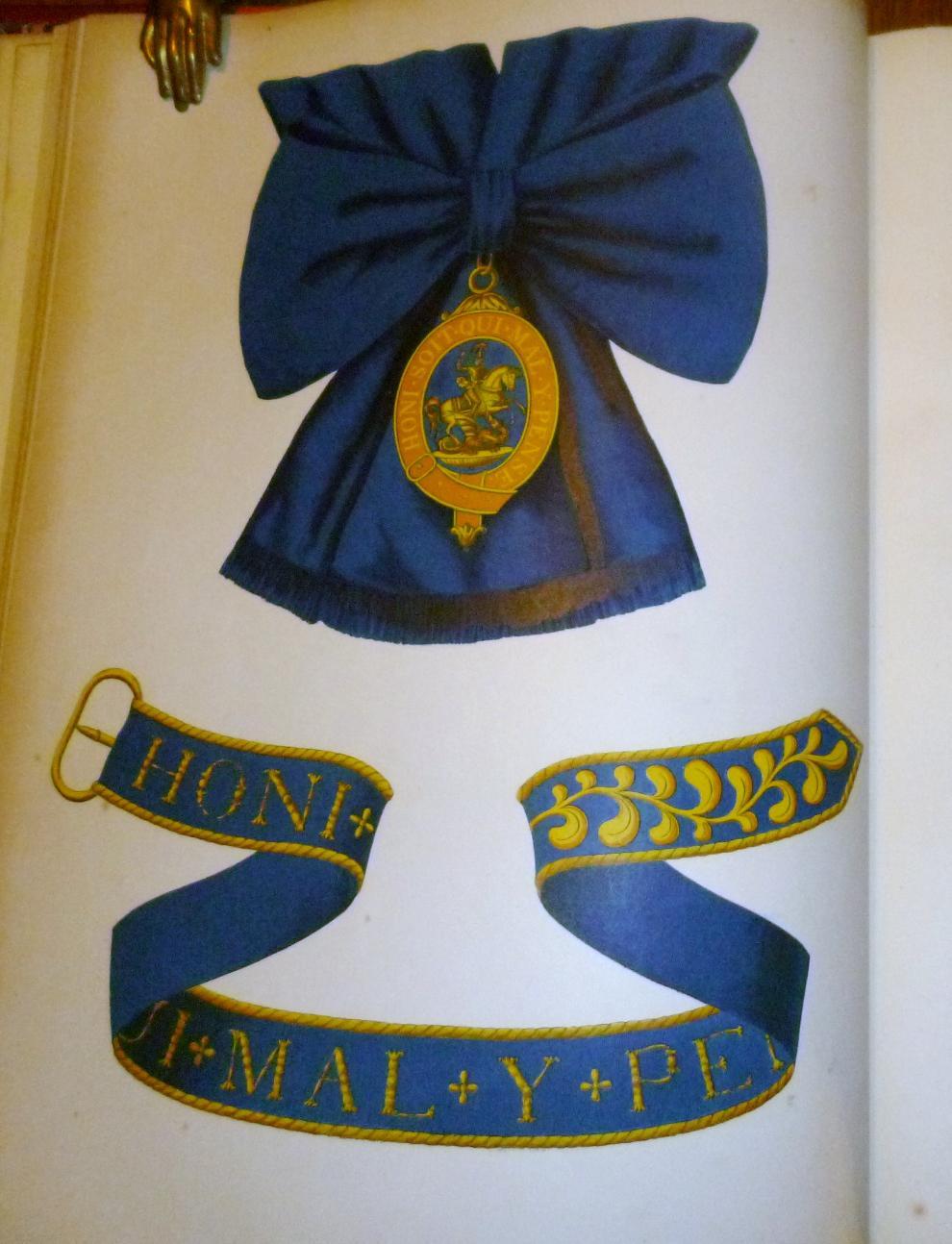

Holy Roman Emperor Maximilian I is often referred to as the "last knight" in this regard. In the Late Middle Ages, new methods of warfare began to render classical knights in armour obsolete, but the titles remained in many countries. The Crusades brought various military orders of knights to the forefront of defending Christian pilgrims traveling to the Holy Land. In that sense, the special prestige accorded to mounted warriors in Christendom finds a parallel in the furusiyya in the Islamic world. This linkage is reflected in the etymology of chivalry, cavalier and related terms. Knighthood in the Middle Ages was closely linked with horsemanship (and especially the joust) from its origins in the 12th century until its final flowering as a fashion among the high nobility in the Duchy of Burgundy in the 15th century. The lords trusted the knights, who were skilled in battle on horseback. Often, a knight was a vassal who served as an elite fighter or a bodyguard for a lord, with payment in the form of land holdings.
#Uk knighthood code#
By the Late Middle Ages, the rank had become associated with the ideals of chivalry, a code of conduct for the perfect courtly Christian warrior. During the High Middle Ages, knighthood was considered a class of lower nobility. In the Early Middle Ages in Europe, knighthood was conferred upon mounted warriors. Knighthood finds origins in the Greek hippeis and hoplite (ἱππεῖς) and Roman eques and centurion of classical antiquity. You can nominate a volunteer group for the Queen’s Award for Voluntary Service.A knight is a person granted an honorary title of knighthood by a head of state (including the Pope) or representative for service to the monarch, the church or the country, especially in a military capacity. You can only nominate individuals for honours.

community, voluntary and local services.Honours are given to people involved in fields including: improving life for people less able to help themselves.changing things, with an emphasis on achievement.making a difference to their community or field of work.People get honours for achievements like: The honours committee reviews those nominations that are sent to it. This may include checks by HM Revenue and Customs ( HMRC).

You’ll get an acknowledgment - but you may not hear anything else for 12 to 18 months.Īll nominees will be checked by various government departments to make sure they’re suitable for an honour. How you apply depends on whether you want to: Nominating someone for an honourĪnyone can nominate someone for an honour. The committee’s recommendations go to the Prime Minister and then to the King, who awards the honour. Whether someone gets an honour - and the honour they get - is decided by an honours committee. The only honours which can be awarded after someone’s death are gallantry awards.

They must still be actively involved in what you’re nominating them for.


 0 kommentar(er)
0 kommentar(er)
